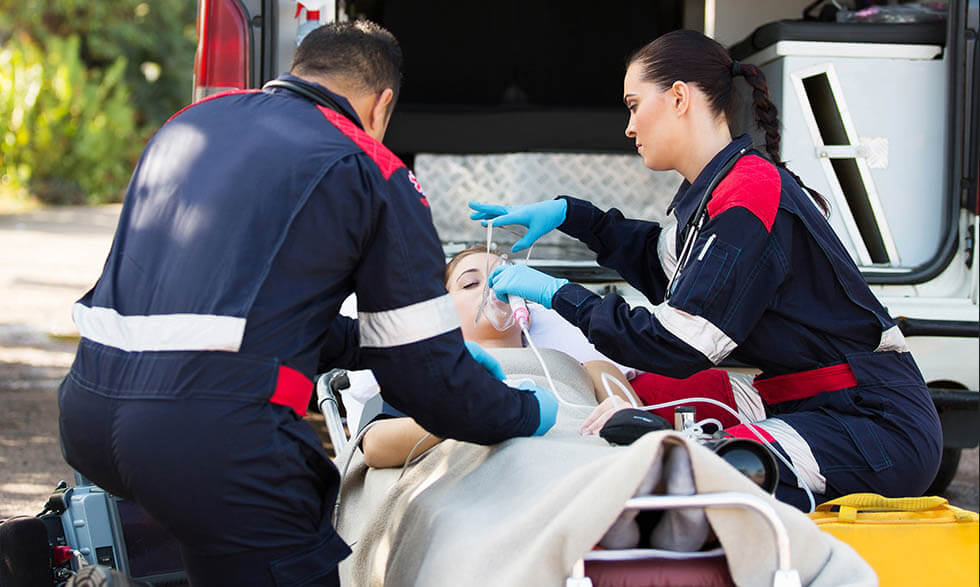
The National Institutes of Health supports studies that look for better ways to treat traumatic brain injury (TBI) patients.
Here are some recent findings:
Mental health issues may appear after a head injury. About one in five people may experience mental health issues up to six months after a mild head injury or concussion. Researchers found that at three and six months after an injury, some people were more likely to report depression and post-traumatic stress disorder, or PTSD. These findings suggest that follow-up care related to mental health is important.
Microbleeds may worsen a head injury. Tiny, hard-to-detect areas of damage to blood vessels in the brain, called microbleeds, may signal a worse outcome for people with even minor head injuries. Researchers found that patients with microbleeds were more likely to have more physical and mental problems after their injury. Researchers used an advanced brain-imaging scanner to see these small spots. Scanning for this type of damage after a TBI may help doctors know which patients need more intensive treatment.
Better emergency training saves lives. Updated brain-injury training for emergency medical responders may dramatically improve the survival rate of patients with severe head injury. Emergency responders across Arizona were given a short training on the latest TBI guidelines. These include preventing low oxygen, low blood pressure, and hyperventilation. Following those guidelines helped double the survival rate of people with severe TBI. This outcome shows the benefits of a simple, two-hour training session for emergency services providers.
